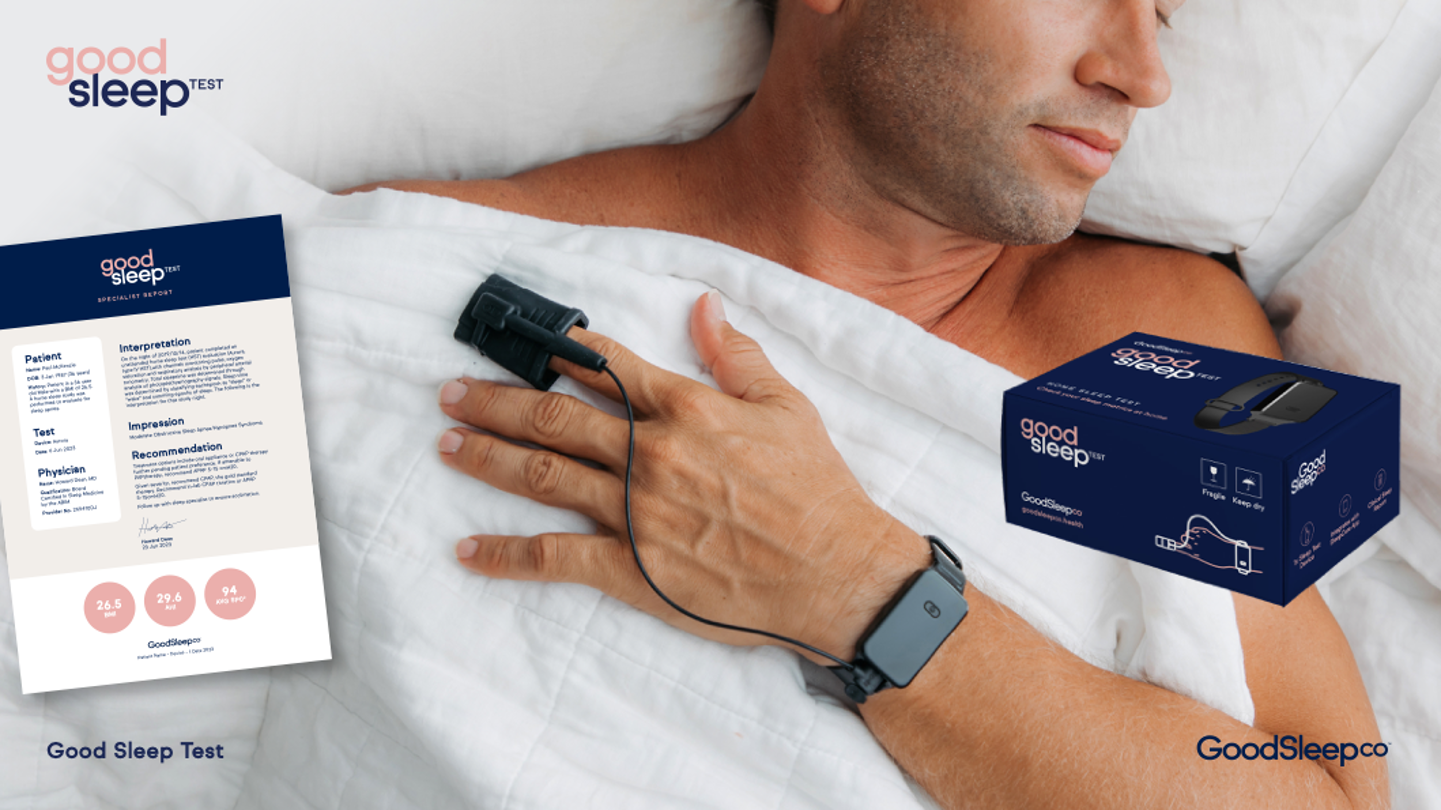
For many teenagers, the HSC represents a milestone filled with opportunity for growth and stress. For those students who are also managing anxiety, depression, or other mental health challenges, exam pressures can feel overwhelming. Parents often ask: What can be done to ensure my child’s results reflect their abilities?
One important option is Disability Provisions for the HSC.
What Disability Provisions Really Mean
Disability provisions are not about giving students an unfair advantage or automatically boosting marks. Instead, they are formal adjustments designed to ensure a student’s disability, health condition, or learning difficulty does not prevent them from showing what they know.
Adjustments can take many forms, such as:
- Rest breaks or a smaller, quieter exam setting
- Use of a reader, writer, or computer
- Adjusted conditions for school assessments
When Is It Appropriate?
A wide range of situations may qualify. Disability provisions can be applied for if your teenager has:
- Persistent mental health difficulties such as clinical anxiety or depression
- A learning disability (e.g., dyslexia)
- A medical or physical condition that affects stamina, mobility, or concentration (e.g., ADHD)
- Sensory difficulties (hearing or vision impairments)
The key is demonstrating how the disability or condition directly impacts your child’s ability to perform under standard exam conditions.
The Importance of Strong Evidence
Applications are assessed by NESA (NSW Education Standards Authority) on a case-by-case basis. A short letter or general note is usually not enough. What strengthens an application is detailed, professional documentation that clearly links your child’s challenges to the need for exam adjustments.
This is where professional input can make all the difference.
How Can We Help
Gissia Castelnoble, Educational and Developmental Psychologist, has supported adolescents and their families for over twenty years in successfully applying for disability provisions. She understands the level of detail NESA looks for and why vague forms often fail.
As part of her process, she conducts a comprehensive series of online assessments that capture the presence of conditions like anxiety, depression, or learning challenges, and how these conditions influence exam readiness. These reports provide NESA with the evidence to approve your adolescent’s application.
Steps Parents Can Take Now
- Reach out early. Let your school’s HSC coordinator or principal know what’s happening.
- Collect documentation and include professional reports, medical certificates, or psychological assessments.
- Complete and submit forms through the school. They will forward applications to NESA.
- Keep records. Always save a copy of the documents you provide.
- Follow up if needed. Most decisions are made well before the exam period.
Timing Matters
- Apply early: Applications for disability provisions are usually due months before the HSC exam period begins.
- Apply as soon as possible: Early applications allow time for NESA to review evidence and for your child to practise under adjusted exam conditions.
Supporting Your Teen Through the Process
Parents want nothing more than for their child’s effort and abilities to be recognised. Disability provisions are not a shortcut; they are a way of ensuring that challenges like learning disorders, anxiety, or health conditions do not unfairly define a young person’s academic future.
If you’d like professional guidance, contact Gissia Castelnoble directly at clinic@respecthealth.com.au or call us on (02) 9053 2268.
With her experience and personalised assessments, she is here to support you and your adolescent every step of the way, helping you navigate this process with confidence.



